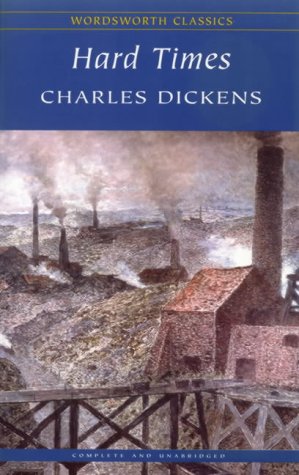Hard Times by Charles Dickens was published in the weekly periodical Household Words between April 1 and August 12, 1854. The novel features the [supposedly] utilitarian schoolteacher Thomas Gradgrind.
Gradgrind is a retired mill owner turned educationalist in Coketown - an allusion not to the hedonistic habits of its inhabitants, but its foundation on a combustible sedimentary rock. Gradgrind drums into his pupils - and his own children - the importance of facts and figures over "fancy". A forbidding figure, Gradgrind embodies the alleged selfishness of utilitarianism and its appeal to material self-interest.
Some early "economic" utilitarians like Ricardo were indeed prone to confuse utilitarian ethics with the alleged virtues of laissez-faire industrial capitalism. But the implications of an ethical hedonism derived from Benthamite utilitarian ethics are as far removed from the grim Dickensian stereotype as can be imagined. When allied to third millennium biotechnology, the "greatest happiness principle" is a recipe for universal bliss.
Contemporary critics of utilitarianism are more likely to level a charge opposite to the selfishness alleged by Dickens - namely that utilitarian ethics places an impossibly onerous burden of obligation on the fortunate to help the worst off.
HOME
J.S. Mill
Hedonism
GLOSSARY
David Hume
Utilitarianism
The Panopticon
Jeremy Bentham
Jesus of Nazareth
Happiness is Back
Utilitarian Bioethics
The Pinprick Argument
Hard Times by Charles Dickens
Utilitarian Memes for Utopian Teens
dave@bltc.com

